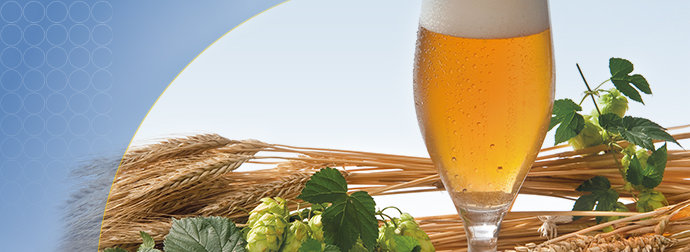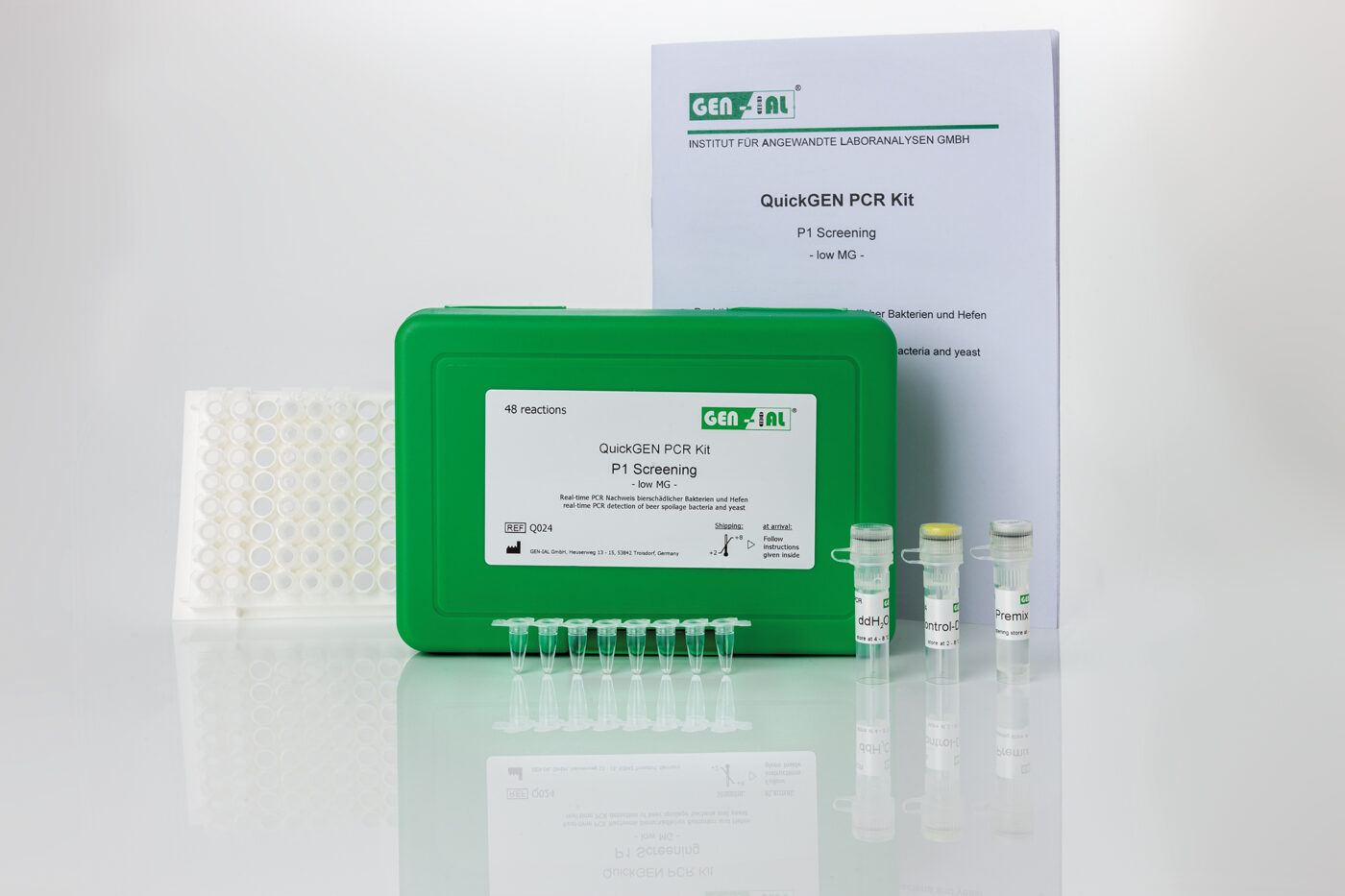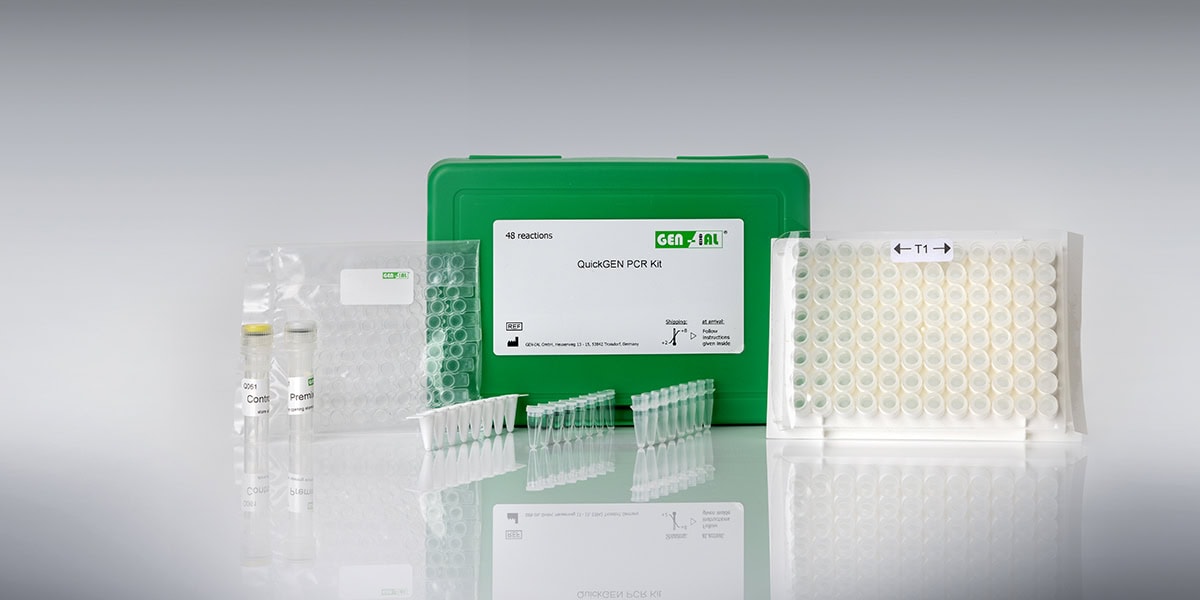
Recent news in Food & Feed Analysis
- Home
- /
- S. diastaticus: a new...
S. diastaticus: a new challenge in beer analysis?

Contamination with the yeast Saccharomyces cerevisiae var. diastaticus (often shortened to S. diastaticus) is currently a hot topic in the beer industry. Breweries worldwide are affected. For International Beer Day, here’s what you should know about this harmful wild yeast.
Off-flavors, turbidity and exploding bottles: In recent months, several reports on serious contaminations with S. diastaticus have caused concern in the beer industry worldwide. Although the yeast is being focused on increasingly, this threat is not a new one. Saccharomyces cerevisiae var. diastaticus is a natural variant of brewer’s yeast Saccharomyces cerevisiae. While cultured yeasts are essential for beer production, wild yeasts such as S. diastaticus get into the production process unintentionally. Since they usually only occur in traces, they may remain unnoticed for weeks. When fermentation is completed, S. diastaticus will become active and initiate a secondary fermentation, resulting in turbidity, off-flavor, increased alcohol content and thus spoilage of the product. However, the main problem is over-carbonation, producing dangerous overpressure in the bottles.
Nevertheless, some breweries intentionally use S. diastaticus in their production, since it contributes to a dry and light body in certain beer types (in particular the increasingly popular Belgian Saison-style beer). The potential danger is enormous as the yeast may spread uncontrolled in the brewery and possibly spoil the complete production. This can only be avoided by strict controls throughout the production process.
Even though it may be difficult for beginners to identify contaminations with S. diastaticus, it should be part of the routine control. The safest and fastest method is a PCR analysis. The new screening test QuickGEN First-Beer PCR Kit P1 und S. diastaticus Taqman® Screening, which detects multiple beer-spoiling bacteria (e.g. Lactobacillus, Megasphaera, Pectinatus, Pediococcus) as well as the yeast S. diastaticus in a single run, is suitable for this. The test kit can be used for filtered beers and mixed beer drinks. Alternatives include the screening kit GEN-IAL® QuickGEN First-Beer differentiation PCR Kit and the mere S. diastaticus kit GEN-IAL® First-S. diastaticus PCR Kit.



